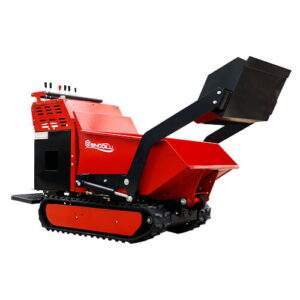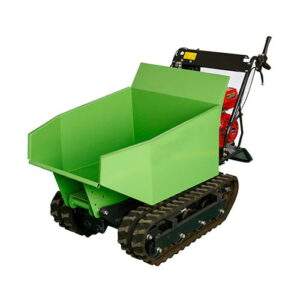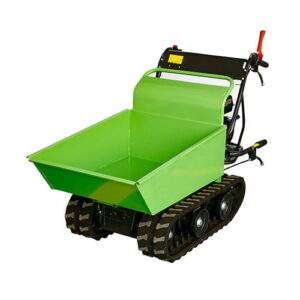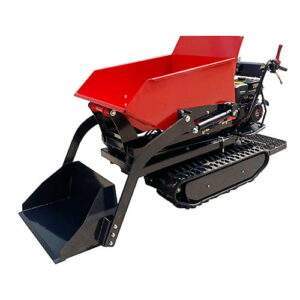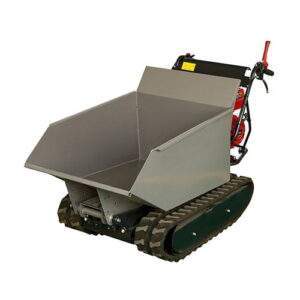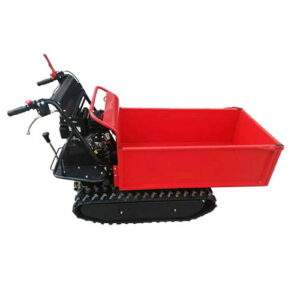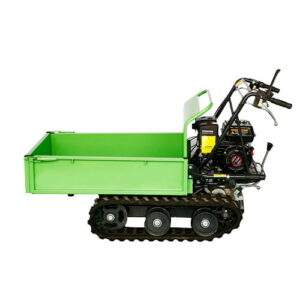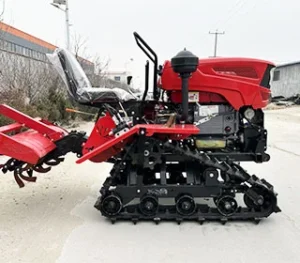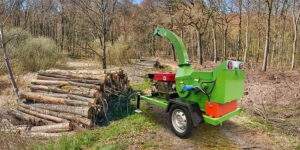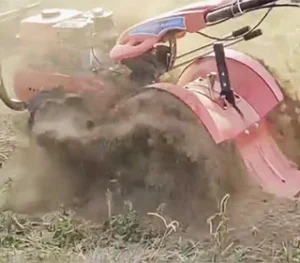Choosing the Right Dumper Lorry: A Comprehensive Guide
Introduction

Selecting the appropriate dumper lorry is crucial for the success of any construction or material transport project.Dumper lorries, also known as tipper trucks, are essential pieces of machinery for construction, mining, and quarrying industries. They are used to transport large quantities of loose materials, such as sand, gravel, rocks, and soil. With a wide range of dumper lorries available on the market, choosing the right one for your specific needs can be a daunting task. This comprehensive guide will help you navigate the selection process and make an informed decision.
Understanding Dumper Lorries
Before we discuss the factors for choosing the right dumper lorry, it’s important to understand the basic types and mechanisms.
Types of Dumper Lorries
- Standard Dumper Lorries: These are the most common type, with a hinged box at the rear that can be lifted to dump the load.
- Articulated Dumper Lorries: Designed for off-road use, these lorries have a pivot point that allows for greater maneuverability.
- Tandem and Tridem Dumper Lorries: These lorries have two or three axles, respectively, to distribute the load and increase stability.
Mechanisms for Dumping
- Hydraulic Dumping: The most common method, using a hydraulic system to lift and tip the load.
- Mechanical Dumping: Less common, using mechanical linkages to tip the load.
Factors to Consider When Choosing a Dumper Lorry
Several factors need to be considered when choosing a dumper lorry, including:
- Payload Capacity: The payload capacity is the maximum weight of material that the dumper lorry can carry. It is crucial to choose a lorry with a payload capacity that is sufficient for your needs.
- Drive Configuration: Dumper lorries are available in various drive configurations, including 4×2, 4×4, 6×4, and 6×6. The drive configuration determines the number of wheels that are driven and the amount of traction the lorry has.
- Body Style: Dumper lorries come in a variety of body styles, including standard tippers, rear tippers, side tippers, and articulated tippers. The body style you choose will depend on the type of material you will be transporting and the unloading requirements.
- Engine Power: The engine power of a dumper lorry determines its performance and ability to handle different terrains. Choose a lorry with an engine that is powerful enough for your needs.
- Additional Features: Some dumper lorries come with additional features, such as heated seats, air conditioning, and reversing cameras. These features can improve operator comfort and safety.
Types of Dumper Lorries
Dumper lorries can be broadly classified into two main types: rigid dumpers and articulated dumpers.
- Rigid Dumpers: Rigid dumpers have a fixed chassis and are typically used for transporting materials over short distances on paved roads.
- Articulated Dumpers: Articulated dumpers have a hinged chassis that allows them to turn more sharply and maneuver in tight spaces. They are often used for transporting materials over rough terrain or in off-road conditions.
Table: Comparison of Rigid and Articulated Dumpers
| Feature | Rigid Dumper | Articulated Dumper |
|---|---|---|
| Maneuverability | Less maneuverable | More maneuverable |
| Terrain Suitability | Suitable for paved roads | Suitable for rough terrain and off-road conditions |
| Payload Capacity | Typically lower payload capacity | Typically higher payload capacity |
| Haul Distance | Typically used for short haul distances | Typically used for long haul distances |
Applications of Dumper Lorries
Dumper lorries are used in a wide variety of applications, including:
- Construction: Dumper lorries are used to transport materials such as sand, gravel, and rocks to construction sites.
- Mining: Dumper lorries are used to transport ore and other mined materials from mines to processing facilities.
- Quarrying: Dumper lorries are used to transport rocks and other quarried materials from quarries to processing facilities.
- Landscaping: Dumper lorries are used to transport soil, mulch, and other landscaping materials.
- Agriculture: Dumper lorries are used to transport crops, grain, and other agricultural materials.
Making the Purchase
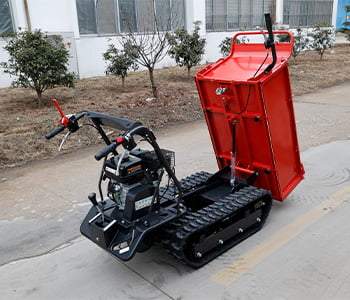
Budget Considerations
Set a budget for purchasing or renting a dumper lorry, considering not just the upfront cost but also operating expenses such as fuel, maintenance, and insurance. Evaluate the total cost of ownership over the lifespan of the vehicle.
Dealer Support and Service
Choose a reputable dealer who offers reliable after-sales support, including maintenance services, genuine parts, and training for operators. Consider factors such as dealer proximity, service availability, and warranty coverage.
Conclusion
Choosing the right dumper lorry requires careful consideration of factors such as project requirements, payload capacity, maneuverability, and budget. By understanding these factors and comparing different models, you can make an informed decision that meets your specific needs and ensures the success of your construction or material transport project.
FAQ
Q: What is the difference between a standard dumper lorry and an articulated dumper lorry?
A: A standard dumper lorry is designed for paved roads and has a hinged box at the rear for dumping. An articulated dumper lorry has a pivot point for greater maneuverability and is designed for off-road use.
Q: How do I determine the payload capacity I need?
A: Consider the volume of material you need to transport and the frequency of trips. Choose a lorry with a payload capacity that can handle your needs without being underutilized or overloaded.
Q: Are there any safety features I should look for in a dumper lorry?
A: Look for features such as roll-over protection structures (ROPS), falling object protection systems (FOPS), and safety signage. Also, ensure the lorry complies with local safety regulations.
Q: How often should a dumper lorry be serviced?
A: The servicing frequency depends on the manufacturer’s recommendations and the usage of the lorry. Regular maintenance is crucial to ensure the lorry operates efficiently and safely.
Q: Can dumper lorries be used for transporting other types of materials besides soil and gravel?
A: Yes, dumper lorries can be used to transport a variety of loose materials, including rubble, sand, and even certain types of waste, depending on the design and regulations.

